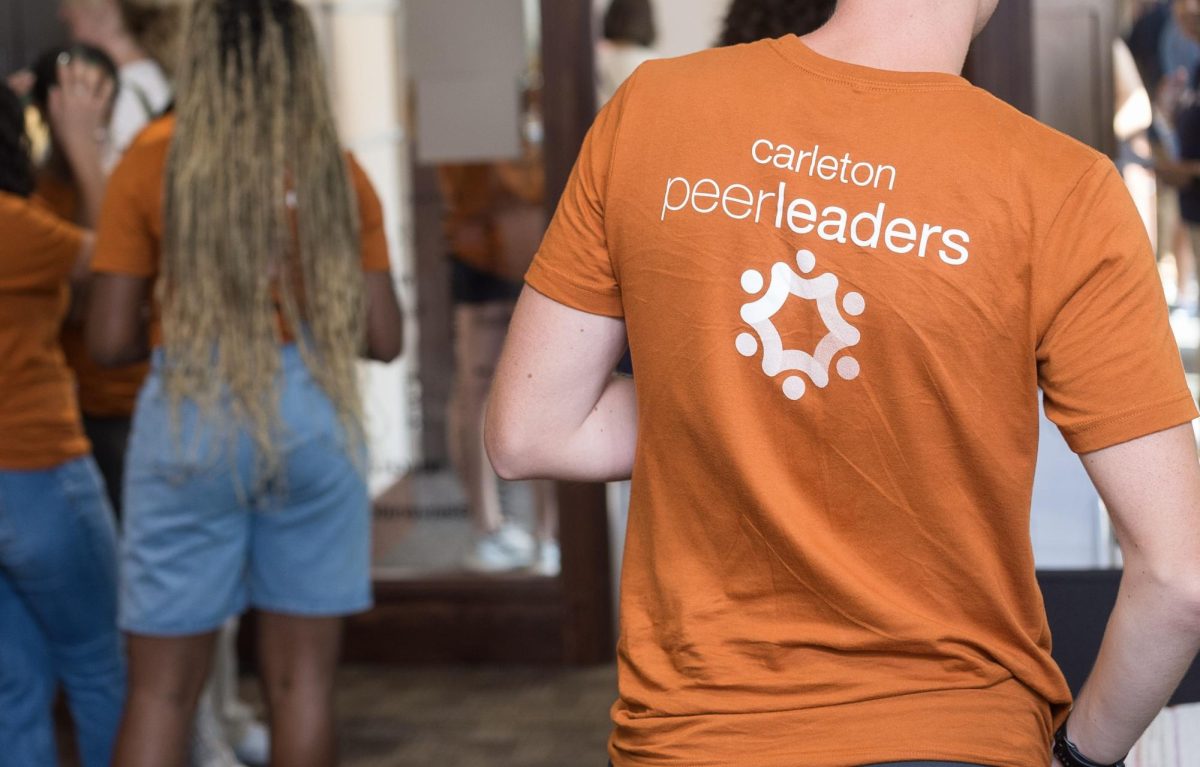As Carleton Trustees weigh the pros and cons of divesting the College’s endowment from fossil fuels, I want to share the thought process behind my own decision to divest.
I am a great-great-granddaughter of Lauren J. Drake, president of Standard Oil of Indiana (later Amoco, now part of BP) and director of Standard Oil of New Jersey (later Esso, now part of ExxonMobil). When my father died a few years ago, my brothers and I inherited the remainder of ExxonMobil stock that had been passed down through Drake’s daughter, my great-grandmother. It was not a lot, but it was a family legacy. Thus, I was presented with a conundrum:
Do I keep the stock for sentimental reasons?
Do I benefit from the shares’ skyrocketing value?
Could I be okay with earning money off a company that has and continues to lie, mislead and destroy so much?
Can a single person’s divestment make any real difference?
I had an endless supply of questions like and beyond these.
Ultimately, the decision was easy because my gut knew. I sold the stock. I put the proceeds toward an electric car and felt a big relief, I must say. But it took me a while to find good answers to the questions, and I still question what my best course of action, given my values, is almost daily.
Here is a list of truths that I have found:
- I’m enormously privileged to “suffer” such a conundrum, to have choices like these in my life. Thank you, great-great-grandfather Drake, for providing our family with so much. I strive to use my privilege for good and not hinder my motivation with shame or guilt.
- To judge my great-great-grandfather’s work with today’s knowledge is unfair.
- To feel that I cannot disagree with the oil companies because I have benefited leaves no room for progress.
- I vehemently oppose ExxonMobil and many other (but not all) natural resource extraction companies on environmental, ethical and economic grounds. I want nothing to do with their profits, even if my daily life depends in some part on them.
- There’s more than one way to invest wisely.
- I am one person, no more and no less. I make decisions and interact with others every day. Living by my principles gives me internal peace, and is an important tone in my cacophonous community.
Divestment is what I chose, in my circumstances at the time. And the work continues: I still struggle with both what to do with my privilege and how to make a meaningful impact regarding climate change and environmental degradation. But I never once have doubted my decision to divest.
What will you do with this story? Activism can be complicated, but if you’re sympathetic, you’ve got options. Join me in calling on the Carleton Board of Trustees to divest from fossil fuels and the banks that support them. Further, websites like www.fossilfreefunds.org can tell you how your 401(k), retirement plan and other investments measure up vis-à-vis climate impact. The ‘B corp’ designation indicates if a company meets social and environmental sustainability criteria. Keep in mind that publicly-traded fossil fuel companies, as odious as they may be, represent only a fraction of the world’s oil extraction and, also, only the supply side of oil, not the demand for it. We have a lot to do to find a sustainable balance on this planet, and a next step that people — especially those of us with privilege — can take is to address industries that have outsized carbon footprints (e.g. cement, air travel, aluminum). Wherever you are in your motivation to address climate change, keep it going! We all, as individuals and as communities like Carleton, have a role.
Alumni and students who have not already signed the petition calling on Carleton to divest its endowment from fossil fuel companies can do so at bit.ly/DivestCarleton. For more information about Divest Carleton, go to https://divestcarleton.com.













